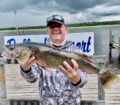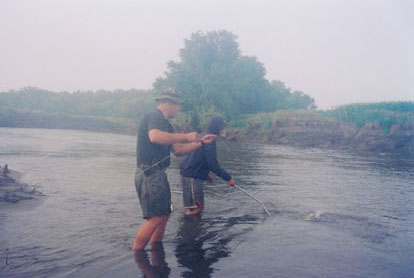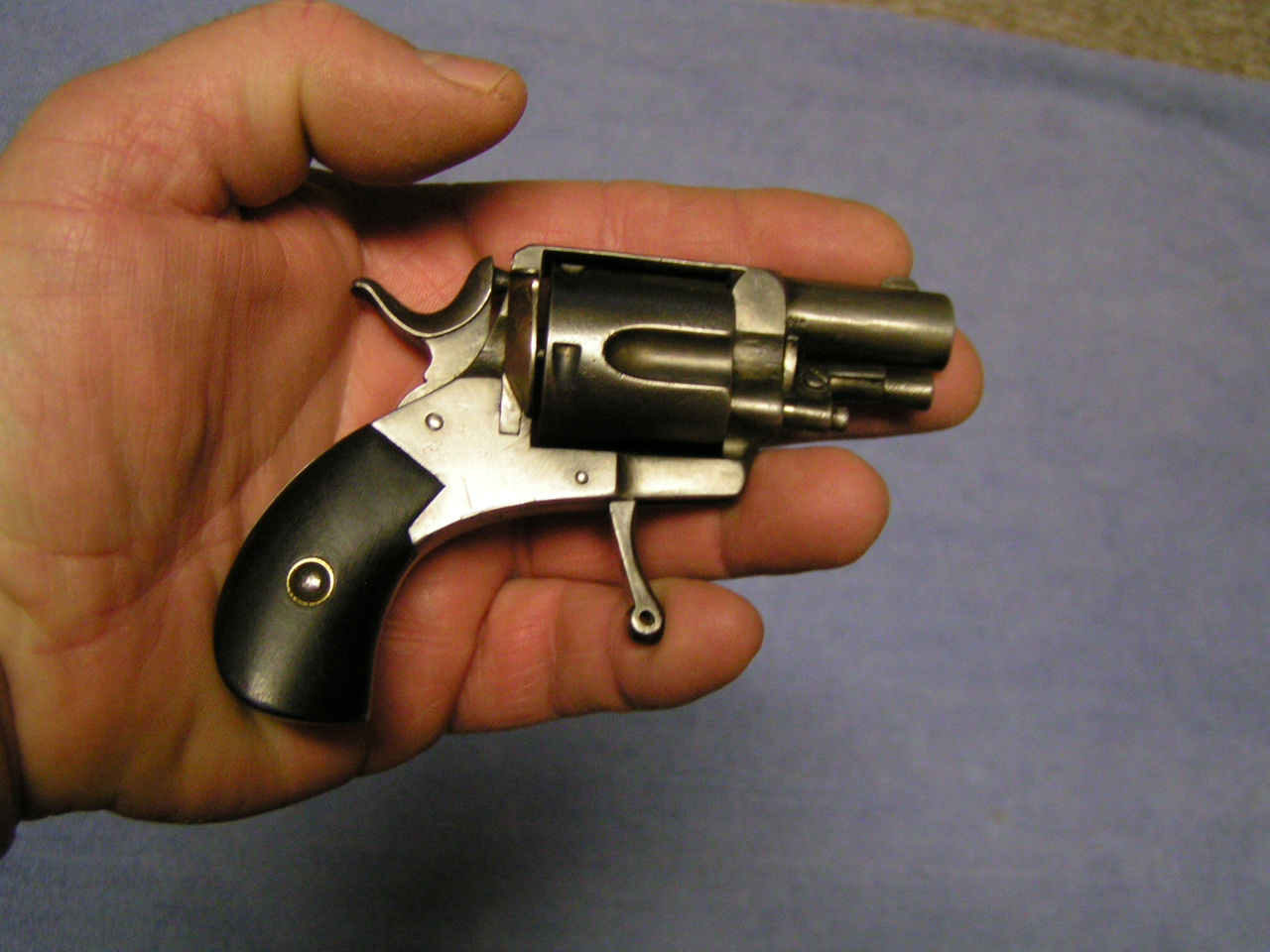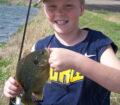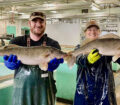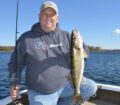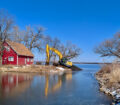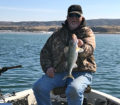By Steve Weisman
The Iowa Great Lakes Watershed consists of approximately 90,631 acres in Northwest Iowa and Southwest Minnesota. Each lake in the system is affected by specific sub-watersheds. Driving around this entire system, you can see tiles and waterways that are moving water eventually to our lakes. You can also see Best Management Practices, conservation efforts, that have been enacted to help clean the water flowing into each of the Iowa Great Lakes. As you go through each of the communities, you can also see urban improvements that have been enacted, along with a variety of lake restoration projects. As much has been done, there is so much more to do to protect our waters, and it becomes a team effort among landowners, homeowners, conservation groups, volunteers, etc.
A major player in this conservation effort is Ducks Unlimited (DU). Established in 1937, DU is the premier organization for wetland conservation in North America and has conserved over 14.5 million acres during that time. Since 1984, DU has restored and protected over 78,000 acres in Iowa. According to Dominic Lawrence, Director of Development, “Dickinson County is one of our highest priorities in the state of Iowa. We have conserved over 5,500 acres in the county and have completed 140 protection and restoration projects on public lands.”
According to Lawrence, many of these projects become a partnership with the U. S. Fish and Wildlife Service, the Iowa Department of Natural Resources, local and regional conservation agencies and clubs, along with foundations, corporations and individuals to purchase and restore private lands that become healthy functioning properties, and in the case of Dickinson County, providing the needed buffers to protect the Iowa Great Lakes.
A new project: the Reed Farm Project
DU is now in the process of working on a new project east of East Okoboji. The Reed Farm is a 160-acre tract east of Arnolds Park located across the blacktop and northwest of the landfill. It connects with the Spring Run Wetlands Complex. Owned and farmed by the Reed family for over 83 years, it was the wish of matriarch Irene Reed, when she died in 2018, that the farm would retain its rural identity and not be sold for commercial development. DU approached the Reed family, which was enthusiastic that the farm would retain its natural rural identity and not be sold for commercial development.
Lawrence notes, “It was their goal to ensure that the rural nature of their family land would be preserved for all Iowans. DU agreed to purchase and restore the land for $1,336, 540. With a lead gift from the Andrea Waitt Carlton Family Foundation along with a grant from the Okoboji Foundation, Dickinson County Water Quality Commission and many others, $1,236,540 had been secured by midi-May.”
The final push occurred late in May when four area lake protective associations stepped up. The Center Lake Protective and Improvement Association, The East Okoboji Lakes Improvement Corporation, the Okoboji Protective Association and the Spirit Lake Protective Association combined for a $50,000 donation. This was then matched with another $50,000 by an anonymous donor to complete the final $100,000 needed.
Lawrence’s response to this latest financial support, “Conservation takes the efforts of many. Special gratitude for Greg Drees, Howard and Sheryl Paul whose passion for our mission shined brightest as we surpassed a generous $50,000 challenge.”
With the fundraising now completed, DU will turn the property over to the Iowa Department of Natural Resources, allowing public access to a newly restored habitat for people and for wildlife.
The Reed Farm project is an important key in aligning with the current Iowa Great Lakes Watershed Management Plan created by the Dickinson County Soil and Water Conservation District to protect the Iowa Great Lakes water quality.
Once the money has been raised to complete the transaction, DU will leverage future contributions as a match for a North American Wetlands Conservation Act grant along with other grant opportunities. These funds would help restore nine prairie wetlands and establishing upland prairie habitat, while at the same time connecting to the expansive wetlands and uplands of Spring Run and positively impacting water quality. Plus, it will expand public-use lands and create wildlife habitat.
Lawrence adds, “By acquiring the Reed Farm, Ducks Unlimited will proudly establish the Andrea Waitt Carlton Family Tract of the Spring Run Complex, allowing visitors to be able to walk across the rolling restored prairie grasses down to the wetlands to immerse themselves in in this vital ecosystem. In addition, the hilltops on the gravel roads lining the west and north property boundaries provide spectacular views of the restored wetlands, local wildlife and migratory birds. Plus, it provides an additional buffer in the watershed to protect the lake.”
Groups and individuals who want to learn more about the Reed Farm Project can reach out to Dominic Lawrence at (651) 728-1116 or via email at dlawrence@ducks.org.
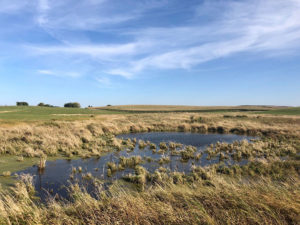
A wetland and pasture area on the northwest corner of the Reed Farm Project.
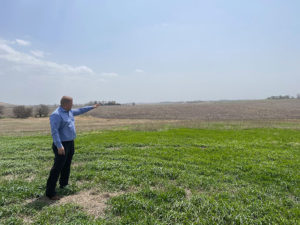
Dominic Lawrence, Director of Development for Ducks Unlimited, shows the expanse of the 160-acre Reed Farm Project.


